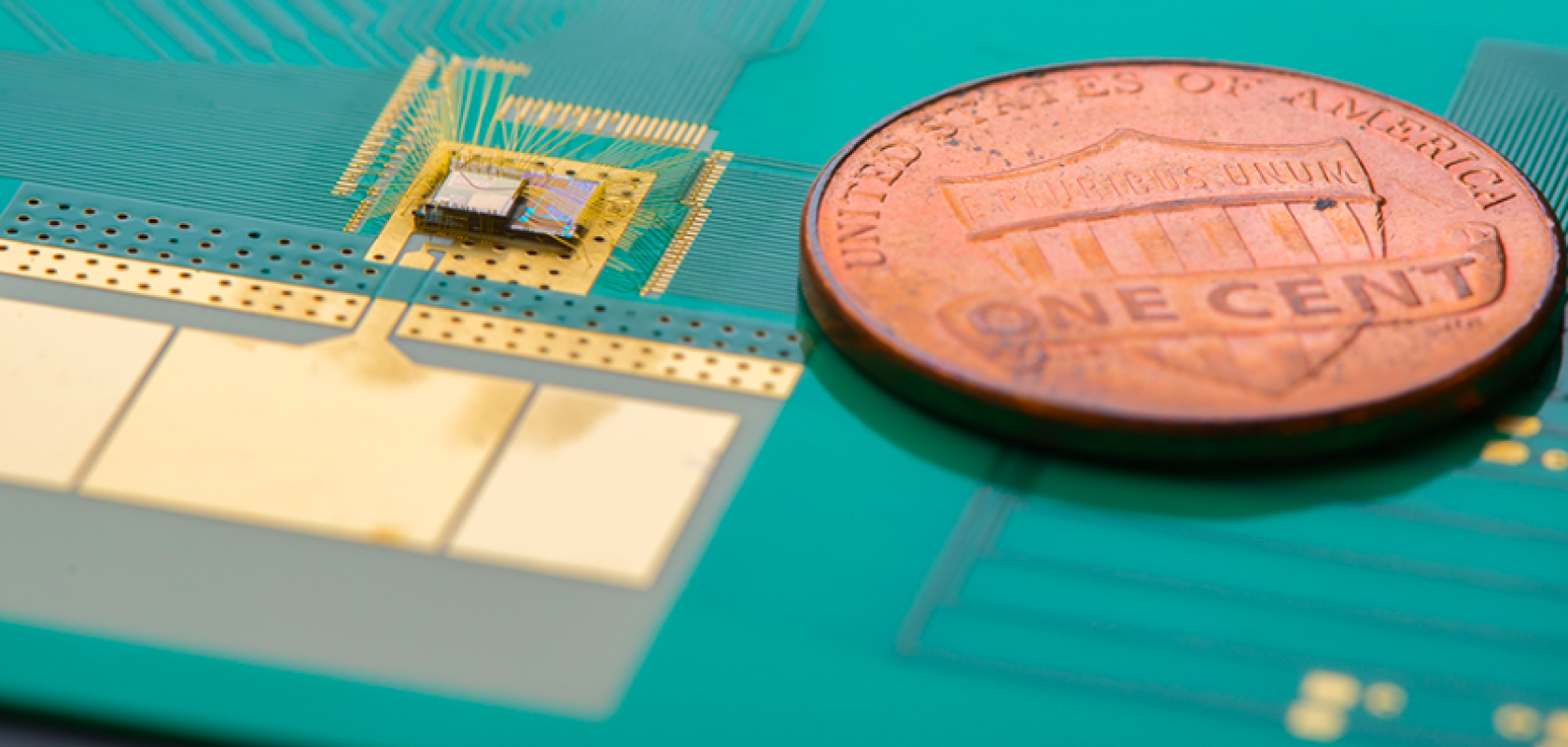Ephos, a startup developing glass-based photonic chips, has announced it has been backed with an $8.5 million funding round, which will accelerate the launch of its new research and manufacturing facility located in the Milano Innovation District (MIND).
The seed funding round was led by Starlight Ventures, a US venture capital firm specialising in deep tech investments. Among the other participants were Collaborative Fund, Exor Ventures, 2100 Ventures, Unruly Capital, Green Sands Equity, Silicon Roundabout Ventures, and Club degli Investitori, as well as angel investors Joe Zadeh, Diego Piacentini, and Simone Severini – senior figures from across Amazon and AirBnB.
The funding includes non-dilutive components from the European Innovation Council and NATO’s Defence Innovation Accelerator for the North Atlantic (DIANA), with Ephos being one of just 10 companies selected from over 1,300 applicants.
Accelerating the launch of a new manufacturing facility
The investment will support the launch of Ephos’s new facility in MIND. This site will serve as a central hub for manufacturing and product innovation, providing the capacity and resources needed to scale Ephos’s proprietary chip manufacturing technology.
Andrea Rocchetto, CEO and co-founder of Ephos, commented: “Securing this funding and opening our Milan facility is a critical milestone for Ephos. Our glass-based photonic chips are set to transform not just quantum computing and AI, but the broader computational infrastructure of the future.”
Rocchetto continued: “By addressing energy inefficiencies and enhancing performance across industries, from data centres to secure communications, we’re laying the foundation for the next generation of computing technology.”
Developing photonic chips at scale
Ephos differentiates itself from traditional silicon-based chip manufacturers by designing and building glass-based photonic chips. These chips enhance the scalability and performance of advanced quantum computing, communications, and sensing devices. Ephos claims its chips offer superior performance for signal loss, a significant challenge in quantum computing. At the same time, Ephos claims its 3D design and manufacturing capabilities enable unique scaling opportunities and improved system performance.
Currently, Ephos’s chips are built entirely in-house, with a supply chain relying exclusively on US and EU suppliers. This approach reinforces Allied security interests by ensuring that critical quantum infrastructure is developed within NATO’s tech ecosystem.
“We see tremendous potential in Ephos’s glass-based photonic chips to revolutionise the future of computing,” said Kike Miralles, Principal at Starlight Ventures. “As AI and quantum advancements challenge the limits of our current infrastructure, Ephos stands out with its ability to significantly reduce signal loss and improve energy efficiency. This innovation not only meets the growing demands for faster, more efficient platforms but also opens the door to new possibilities in quantum computing and communication technologies across multiple industries.”
The firm’s technology supports strategic independence in quantum technologies, a crucial area for future defence and communications. DIANA has also selected Ephos for Phase II of its acceleration programme, providing a total of €450,000 in non-dilutive funding over two phases.
The hope is that the new Milan facility will help to deliver glass-based photonic chips at scale, lessoning the reliance on international supply chains.
Beyond the plans in Milan, Ephos has ambitions to use the funding to grow its team in San Francisco, scaling up efforts in Italy and the U.S at the same time.
Reflecting on where the company had come from, Rocchetto concluded: “Many great companies were born in garages. Ephos had to make do with my childhood room at my parents' place in Rome, where I took refuge when Covid struck. Building a company is a fascinating process. Especially in the early days, it's a constant exercise in adapting your plans to a reality that seems reluctant to follow them. That the place where you end up as part of this process can be so enriching, stimulating, and satisfying is the lesson from company building that I cherish the most.”
Lead image: David Baillot/UC San Diego Jacobs School of Engineering


